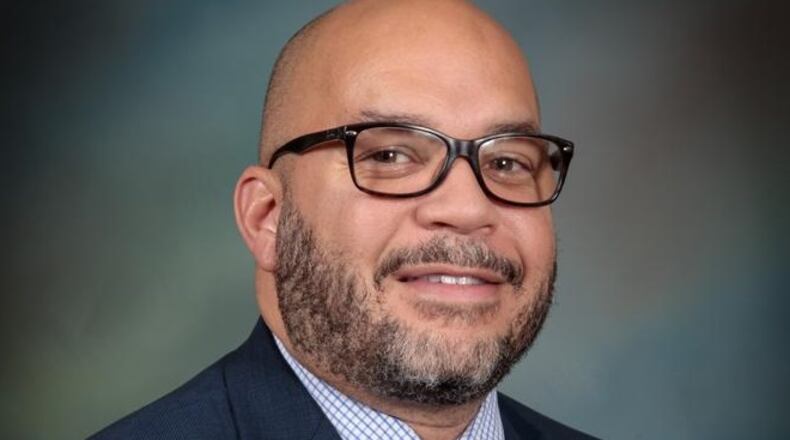Winburn is accused of taking more than $20,000 in cash bribes from individuals and companies seeking to do business with the city of Dayton.
In exchange, Winburn allegedly took official action that benefited people and groups that bribed him, including providing certification that helps in the bidding process for public projects without the proper authentication and review, according to a federal indictment.
MORE: Former Dayton commissioner, state lawmaker arrested; More arrests coming, feds say
Clients that were counseled by the Dayton Minority Business Assistance Center won $18.7 million in public contracts between July 2017 and June 2018, according to city staff.
City and other government contracts for construction work, and for goods and services purchases, often have procurement goals. That means a certain percentage of the bid awards are supposed to go to economically or socially disadvantaged companies.
The Minority Business Assistance Center is supposed to help companies with contract compliance through site visits and reviews of applications for certification to the city’s Procurement Enhancement Program (PEP) and other disadvantaged businesses programs.
Staff are supposed to identify issues with applications and paperwork and provide technical assistance to help companies become certified.
MORE: Who faces corruption charges in Dayton FBI probe?
As of this week, about 140 companies were certified as minority- or women-owned businesses or small disadvantaged businesses in the PEP program, according to Human Relations Council records.
The Greater Dayton Minority Business Assistance Center operates under the Dayton Human Relations Council, which Dayton City Commission oversees.
Certified companies are contacted by the city or contractors when the city seeks diversity in the bidding and procurement process.
In the first quarter of 2018, there were $51.4 million worth of PEP construction projects awarded in Dayton, according to Human Relations Council officials.
The Human Relations Council’s role in the certification process means its staff help identify and select qualified bidders “for a significant portion” of contracts that the city awards to private individuals and businesses, the federal indictment states.
The indictment alleges Winburn provided people and companies that bribed him with disadvantaged business certification without full and complete checks of their qualifications.
He also is accused of providing confidential and non-public information to groups and people who provided bribes.
The Dayton business assistance center, which has three employees, serves Montgomery, Greene, Clark, Darke, Champaign, Miami, Preble, Mercer, Auglaize, Shelby Madison, and Logan counties.
MORE: FEDERAL INVESTIGATION: Who is RoShawn Winburn?
There are seven Minority Business Assistance Centers across the state, which are funded through a grant to a host organization.
For the period between July 1, 2017, and June 30, 2019, the Human Relations Council was awarded $330,000 for the business assistance center, said a Dan Bowerman, a spokesman for the Ohio Department of Development Services. The state requires a 25 percent match from the host organization.
“We are aware of the situation in Dayton,” Bowerman said of the federal investigation. “We have no information on the federal matter.”
The business assistance center provides technical assistance to companies that are are looking to build their capacity and compete for and complete projects for the city of Dayton and other jurisdictions in the region, said Winburn in a 2017 city of Dayton podcast.
Dayton City Manager Shelley Dickstein said the city has hired an outside firm to review its contracting processes and try to identify issues or signs of potential corrupt activities.
About the Author

